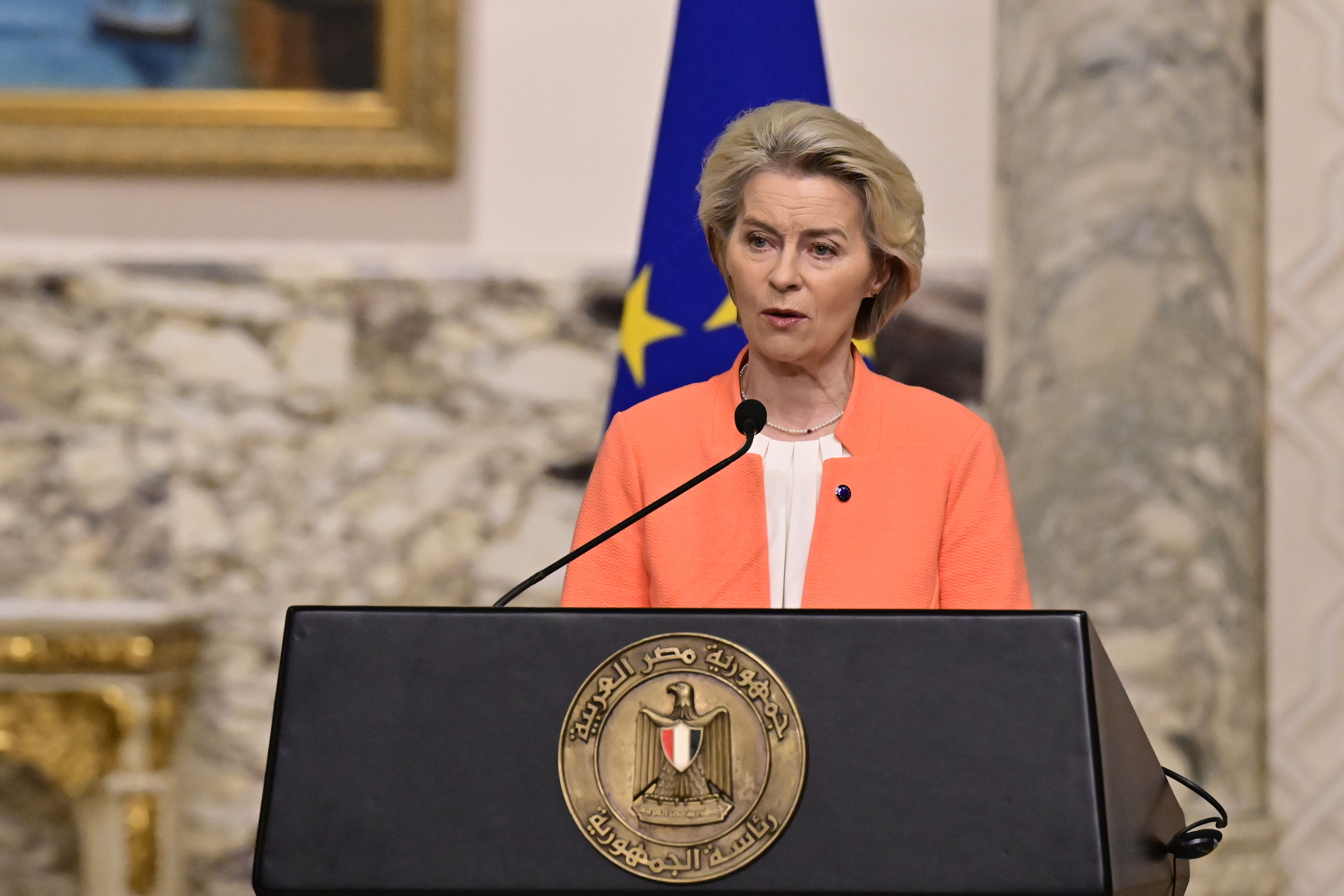EU leaders back Von der Leyen, Costa and Kallas for top jobs

Ursula von der Leyen, António Costa and Kaja Kallas have been tipped to lead the European Union in the next five years. The three were approved by leaders on Thursday, although no candidate secured unanimous backing.
Von der Leyen has been nominated for a second term as head of the European Commission, while Estonian prime minister Kallas has been tipped as foreign policy chief and former Portuguese prime minister Costa was named to head the European Council.
The 27 leaders of the EU agreed on the bloc's political leadership during late-night talks on Thursday. Costa will automatically succeed Charles Michel this year, but Von der Leyen and Kallas will need to win the legislature’s backing in order to be confirmed in their positions. The vote will take place in July.
Promoting unity
Von der Leyen expressed her gratitude to EU leaders for backing her and said she would soon outline her political priorities with a view to winning the confidence of parliament. Costa said he was committed to promoting unity as “Europe and the world are facing challenging moments” but that the EU is resilient. Kallas said she was "really honoured by the support of the Council" and described the role as an "enormous responsibility".
The deal reflects a view that “citizens are not mature enough to make certain decisions”
The vote on Von der Leyen and Kallas next month is expected to be tight. The far-right surged in this month’s elections, and not everyone is happy with the deal. The talks between the centrist parties angered those left on the sidelines, most notably Italian prime minister Giorgia Meloni and Hungary's Viktor Orban.
Meloni condemned the deal, saying it ignores the bloc’s rightward shift. In an angry speech to the Italian parliament, she said the deal reflected a view that “citizens are not mature enough to make certain decisions” and had been taken by those who believe “that oligarchy is basically the only acceptable form of democracy”.
Complicated relationship
The remarks complicate the relationship between Von der Leyen and Meloni. While Von der Leyen is backed by the pro-European groups, which hold a majority of seats, Meloni’s ECR - the Conservatives and Reformists group - still has some leverage. Von der Leyen will try to broaden her base as it is likely that she will lose votes from disgruntled MEPs belonging to those groups. Indeed, in the run-up to the nomination for the top jobs, Von der Leyen inched closer to Meloni.
Whether Meloni will eventually support Von der Leyen’s run for president remains to be seen. Orbán has already said he will not. Previous European Commission appointments, however, have gone forward despite opposition, even from large member states. In 2014, the then Conservative prime minister of the UK, David Cameron, joined Orbán in an unsuccessful attempt to stop Jean-Claude Juncker from becoming head of the European Commission.
© BELGA PHOTO DIRK WAEM
Related news

